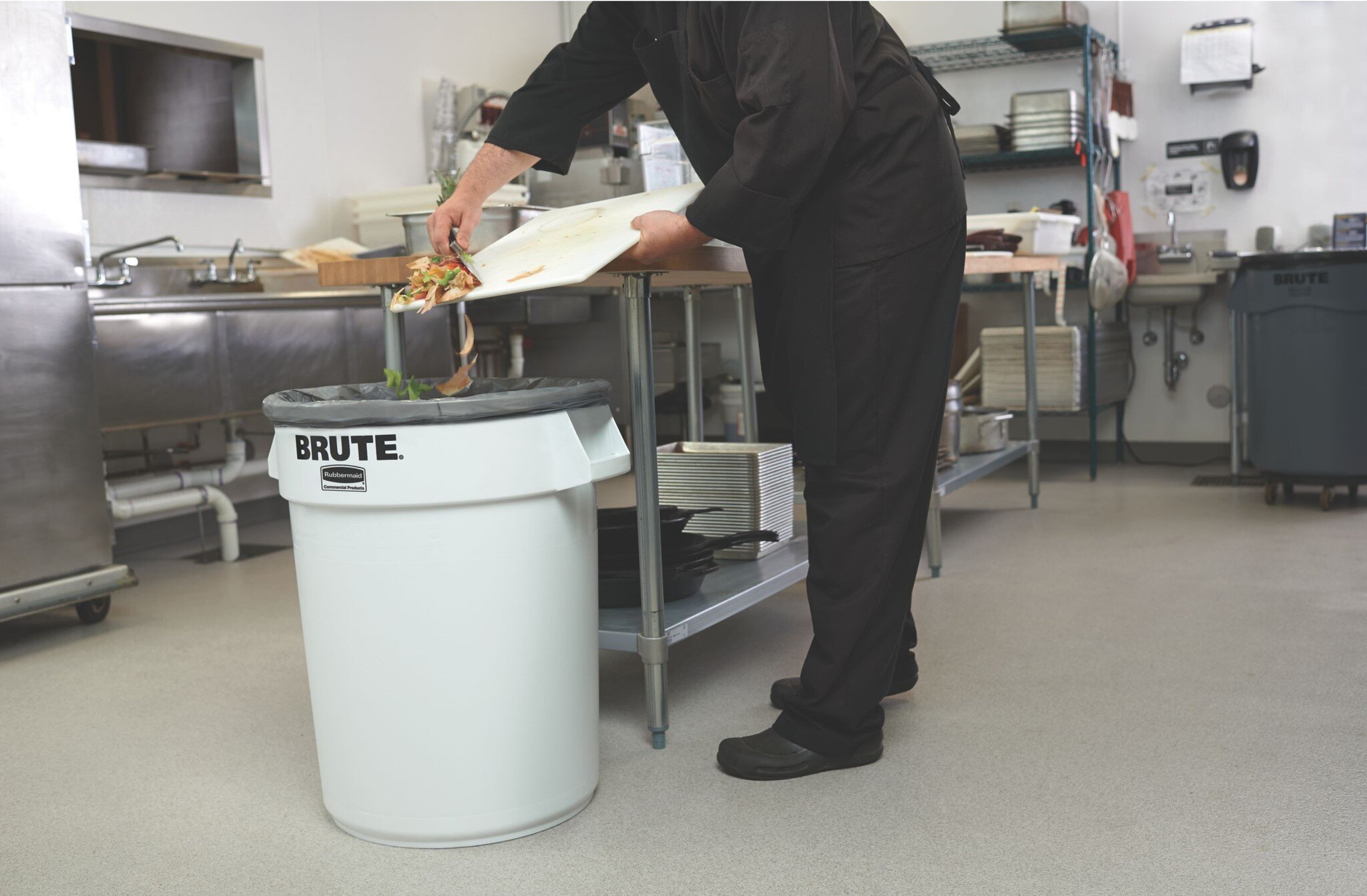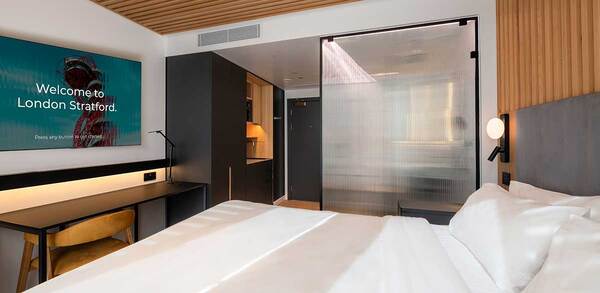It’s time for hospitality to win, not bin
In support of WRAP’S Food Waste Action Week (6-12 March) leading waste and recycling experts Rubbermaid Commercial Products (RCP) highlights how the hospitality industry can significantly reduce the impact of food waste on the environment, while also reducing costs.
The issue of food waste is enormous on a global scale. According to a study by the UN a third of the world’s food produced is wasted(1) which equates to around $984 billion in losses(2). A fact that is tough to swallow when you consider that there are still millions of people around the world who are going hungry on a daily basis. The UK generates more food waste than any other country in Europe(3). The 9.5 million tonnes of waste produced has a value of over £19 billion a year and adds a significant amount of greenhouse gases into our atmosphere(4).
Legislation leads the way
With the impacts of climate change becoming ever more real it’s time to take action. In a bid to significantly reduce food waste new measures are coming into force this year. The UK Environment Act was actually passed back in 2021 but is coming into effect this year. The Act is committing to eliminate food waste from landfill by 2030 with a specific push on businesses. The hospitality sector has a particularly long way to go as one of the top producing sectors of food waste. Every year food waste costs the sector £3.2 billion and an estimated 75% of that food wasted could have been avoided(5).
Not only are hospitality venues facing higher consumer expectations and deeper scrutiny of their environmental credentials, but the reality of rising operational costs and productivity pressures mean the industry as a whole continues to face into unprecedented challenges. But how can hospitality see this new legislation as an opportunity to reap both environmental and economic benefits?
It's time to win, not bin
In an ideal world prevention is the solution, but sadly this is not an ideal world! For one, it requires guests to think about the potential waste when ordering, of which venues have little control. What they do have control over, however, is how to deal with the subsequent waste.
According to WRAP, for every £1 invested in food waste management, an organisation stands to make £14 in savings(6). With the right food waste management solutions and procedures in place businesses can save on transportation costs and business landfill taxes. It’s clear that investing in proper food waste management is simply good for your budget. While it’s true that decreasing the weight of waste will decrease the costs associated with collection costs, food waste is actually up to five times cheaper to dispose of per kilogram than general waste(7). By introducing a food waste stream into your recycling set-up, you can save money, as well as improve your green credentials.
Recycling stations to help you buy better, waste less
When it comes to food waste the stakes have never been higher. Thanks to the likes of WRAP’s Hospitality and Food Service Agreement it’s fair to say that food waste has moved up the agenda in recent years, and with consumer expectations on the rise as well as costs, it’s time for hospitality venues to put appropriate processes in place. Investing in durable food waste solutions is a simple step that will see businesses reap both economic and environmental rewards.
If you’re looking for durable waste solutions to do the hard work back of house, RCP’s Slim Jim®Vented comes with a 10-year warranty for added peace of mind. With a small footprint, the container fits seamlessly into a busy kitchen and comes with venting channels that make removing lines up to 80% easier, helping to prevent injury to operatives.
You can also encourage front-of-house food waste recycling with RCP’s Configure™ Recycling Stations, which come with a five-year warranty. With a modern, premium finish these won’t look out of place in any high-end hospitality venue and are sure to exceed user expectations while making disposal of waste easy.
The key is to invest in products that stand the test of time. When deciding on waste solutions prioritising durability will mean avoiding frequent replacement of cheaper but more unreliable products. This will save you time, worry and of course money!
Sources
- www.bbc.co.uk/news/world-europe-13364178
- smarterbusiness.co.uk/blogs/a-quick-guide-to-your-food-waste-bins/
- smarterbusiness.co.uk/blogs/a-quick-guide-to-your-food-waste-bins/
- wrap.org.uk/taking-action/food-drink/actions/action-on-food-waste
- wrap.org.uk/resources/report/overview-waste-hospitality-and-food-service-sector
- smarterbusiness.co.uk/blogs/a-quick-guide-to-your-food-waste-bins/
- www.jellybeancreative.co.uk/2023/01/12/as-an-industry-are-we-ready-for-2023-food-waste-legislation/



















